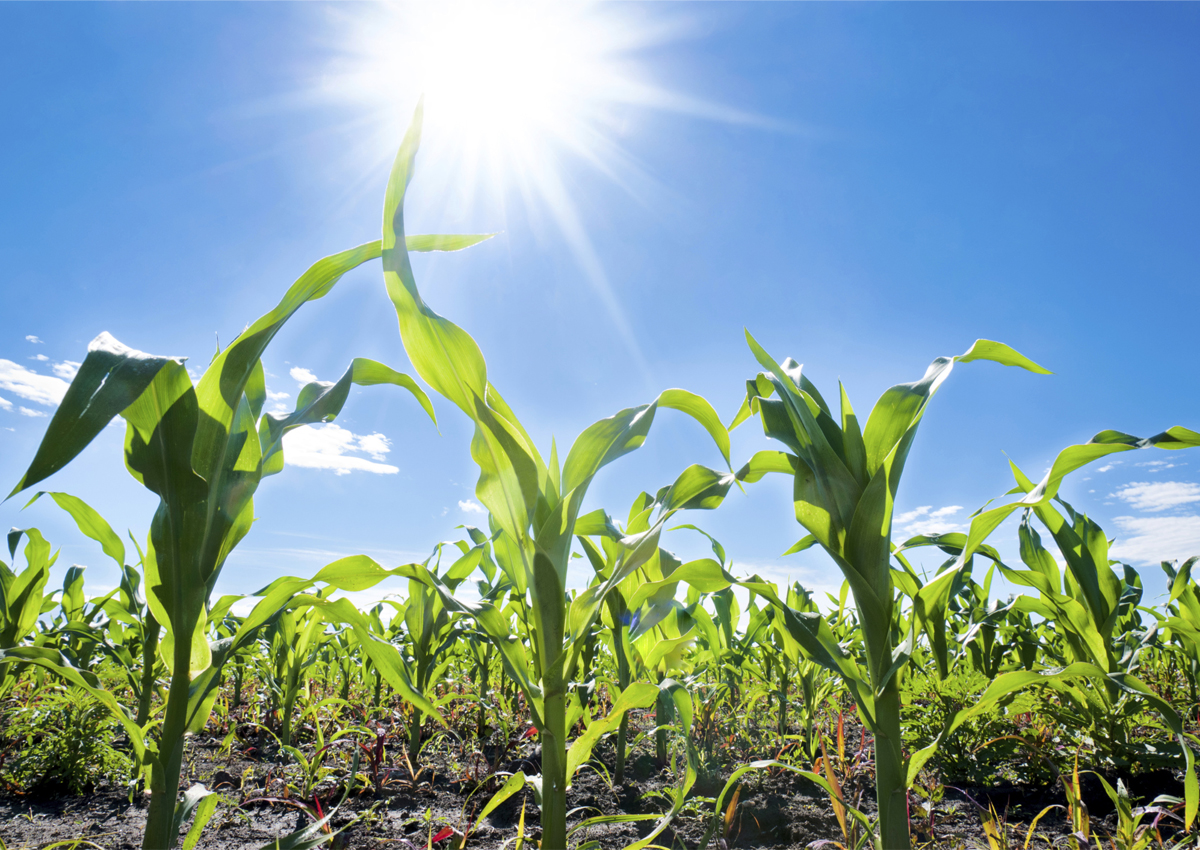
Review Shows Biotechnological Strategies to Develop Drought Resistant Crops
May 13, 2020| |
As a consequence of global warming, the incidence of drought in various regions of the world has been increasing. According to the Food and Agriculture Organization of the United Nations (FAO), in developing countries, drought alone causes more yield loss in crop fields than all pathogens combined, putting food security at risk. In a paper published in Science magazine, researchers from the Centre for Research in Agricultural Genomics (CRAG) present different biotechnological strategies to achieve drought resistant crops, which could be used to mitigate the devastating effects of climate change on agricultural production.
The CRAG researchers explain that plants use different mechanisms to prevent water loss in ensuring their survival when water is scarce. These natural strategies include changes in the growth and architecture of the roots, closing of the stomata, and acceleration of the reproductive phase.
The team also reviewed different strategies that the scientific community has used to increase plant drought resistance by modifying signaling through the plant hormones abscisic acid (ABA), auxins, and brassinosteroids. One promising approach was discovered by the group led by Ana I. Caño-Delgado in 2018, where they showed that by modifying brassinosteroid hormone signaling in Arabidopsis thaliana through the receptor, BRL3 it was possible to obtain plants more resistant to drought without affecting their growth.
For more details, read the article in CRAG News.
| |
You might also like:
- Scientists Discover How Sorghum Controls Genome to Survive Drought
- Tomato Jumping Genes Could Help Speed-breed Drought Resistant Crops
- Pocket K No. 32: Biotechnology for the Development of Drought Tolerant Crops
Biotech Updates is a weekly newsletter of ISAAA, a not-for-profit organization. It is distributed for free to over 22,000 subscribers worldwide to inform them about the key developments in biosciences, especially in biotechnology. Your support will help us in our mission to feed the world with knowledge. You can help by donating as little as $10.
-
See more articles:
-
News from Around the World
- Global Demand for Cotton Declines Due to COVID-19 Crisis
- Bolivia to Speed Up Evaluation of GM Crops
- Review Shows Biotechnological Strategies to Develop Drought Resistant Crops
- Plants Have Memories, But How Do Plants Forget?
-
Research Highlights
- Scientists Discover Plant Molecular "Alarm" System Protects them from Predators
- Comparative Genomics Helps Reduce Spread of Bacterial Canker in Tomatoes
-
Plant
- CRISPR-Cas9 Used to Study Genes Involved in Grapevine Disease Symptoms
- International Plant Biotech Experts Weigh in on New Breeding Technology Regulations
-
Health
- Scientists Clone SARS-CoV-2 Genome Using Quick Yeast-Based Method
- COVID-19 Treatment Efforts Using Plant Technologies
-
Read the latest: - Biotech Updates (February 4, 2026)
- Gene Editing Supplement (January 28, 2026)
- Gene Drive Supplement (February 22, 2023)
-
Subscribe to BU: - Share
- Tweet

